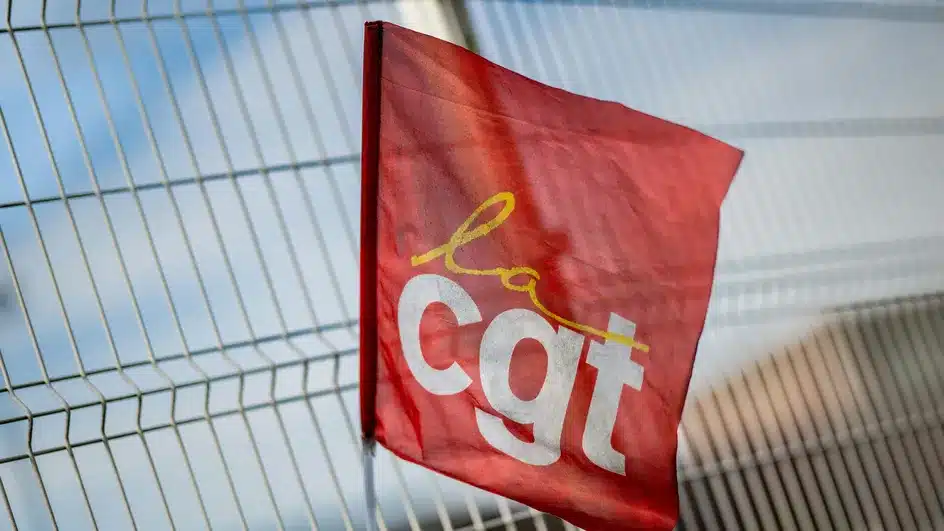“There is a specter haunting France,” that famous gentleman would say. It is the specter of an unconventional protest, in the midst of an energy price crisis (in 2023 there will be a further 15% increase on gas and electricity).
And if you consider that already in 2021 a quarter of French families were struggling to meet their bills, you will understand why this protest can have a lot of appeal.
Energetic Robin Hoods
The protest is as simple as it sounds. The reference to Robin Hood immediately makes the terms of the matter clear: "it's an appropriate name", he says Philip Martinez, general secretary of the GGT, one of the main trade union confederations in France.
“The goal,” Martinez says, “is to give energy back to those who can't afford it, and make it free for schools and hospitals.” The provision of free energy, in short, aims to rebalance power in favor of striking workers.
Unauthorized energy supplies also included public facilities such as sports facilities, nursery schools, universities, libraries, some small businesses and private homes that had been disconnected from the grid.
“We could paralyze a country”
In France, "energy" strikes (because they are driven by energy workers) are becoming a serious phenomenon. Last Thursday they caused a reduction in French energy availability by 2 GW in three nuclear power plants.
And the next day they spread like wildfire to almost all French ports, many of which had to stop all activity.
They are a long wave, born from an offshoot of the protests of January 19th against the pension reform proposed by the Macron government (which includes the increase in the retirement age from 62 to 64). The vote on the reform is expected today, but the energy protesters will not stop: tomorrow, January 31st, a new national strike is planned. “We want to show that if we wanted to, we could paralyze the country,” he says Gwenaël Plagne, representative of the CGT, the General Confederation of Labour.

An unprecedented level of confrontation, beyond the yellow vests
I don't rule out other energetic raids by "Robin des Bois". If the government does not reverse its reforms, the CGT will continue to make energy free to all those who do not have access to regulated tariffs, "whether they are public bodies or businesses", he said Frederic Probel, general secretary of the CGT in Bagneux in the suburbs of Paris.
Even the opposite, taking energy away from some elected officials, or specific politicians. “I wish some billionaires who think we don't need to raise wages and that everything is going well in this country would experience the energy insecurity of millions of families,” said Philippe Martinez. An absolutely new type of clash.
How will energy raids evolve?
It goes without saying that the French government strongly condemns this type of protests. The Minister of Economy, Bruno Le Maire, defines them as “unacceptable actions”. And he fears that in the end these undue expenses could fall on taxpayers.
It will be: the impression is that, 18 years after the Banlieues revolt and 5 years after that of yellow vests, the plots of the French crisis (which in its own way is the crisis of the West) are becoming increasingly intertwined.


